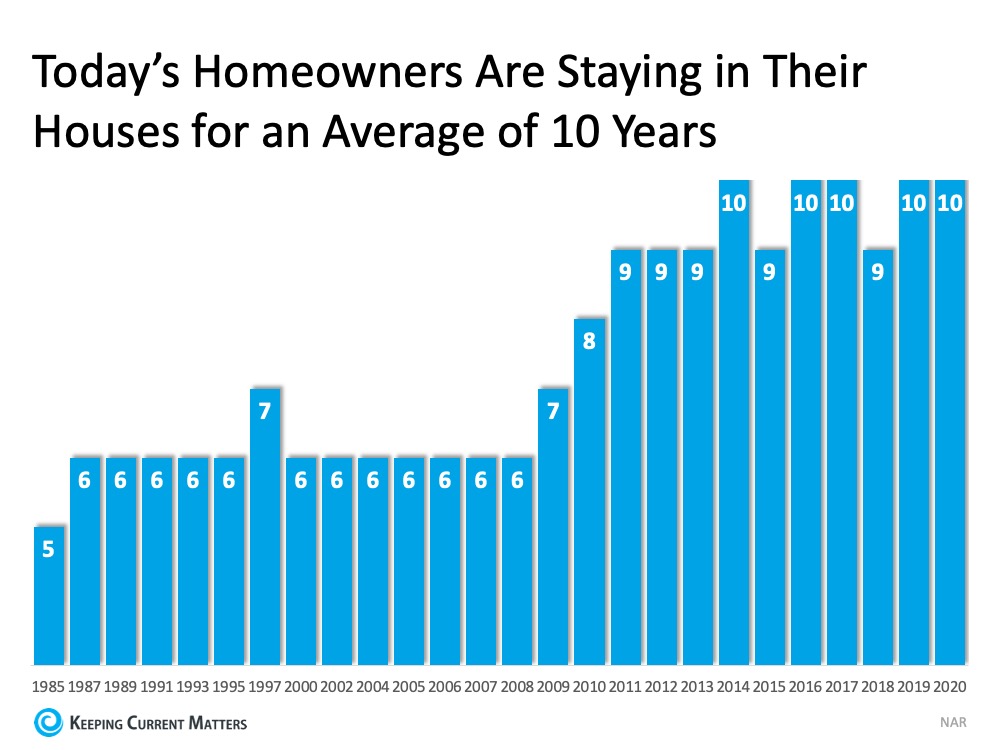Oftentimes, the term REALTOR® (NAR) is used interchangeably with real estate agent. However, the two are not the same—REALTORS® are real estate agents, but not all agents are REALTORS®. The National Association of REALTORS® recently assembled a clear picture of who a REALTOR® is through its 2021 Member Profile.
The biggest difference? They are real estate professionals who became members of the National Association of REALTORS® and must abide by their Code of Ethics. Overall, membership has increased—to 1.48 million at the end of 2020, up from 1.4 million at the end of 2019).
“REALTORS® continued to serve clients’ needs despite the challenges 2020 brought to the real estate market,” said Jessica Lautz, NAR vice president of demographics and behavioral insights. “Economic lockdowns and historically low inventory coupled with surging home-buying demand only showed the resilience of our members and industry.”
Here are their standout licensing characteristics:
– 68% hold their sales agent license (up from 65% last year)
– 20% hold their broker license
– 13% hold their broker associate license
– 73% specialize in residential brokerage
– Secondary focus areas include residential property management, commercial and relocation
In terms of business activity:
– They typically earned 15% of the business from past clients
– More experienced agents (16 years or more) received 37% of business from past clients
– The median gross income was $43,330 (down from $49,700 in 2019)
– Only one out of four earned $100,000 or more
On average, the typical member closed 10 real estate transactions and $2.1 million in sales volume in 2020, down from 12 transactions and $2.3 million sales volume in 2019.
When looking at demographics:
– 78% were white, 9% were Hispanic/Latino, 7% were Black/African American and 6% were Asian/Pacific Islanders
– 65% were women, and the median age was 54
“REALTORS® come from all walks of life and serve as pillars in their respective communities,” said NAR President Charlie Oppler, a REALTOR® from Franklin Lakes, New Jersey and the CEO of Prominent Properties Sotheby’s International Realty. “As champions for consumers, REALTORS® combine hard work, dedication and trusted expertise to help individuals and families achieve the dream of property ownership.”
To view the full report, click here.
For more information, please visit www.nar.realtor.
 Liz Dominguez is RISMedia’s senior online editor. Email her your real estate news ideas to lizd@rismedia.com.
Liz Dominguez is RISMedia’s senior online editor. Email her your real estate news ideas to lizd@rismedia.com.





